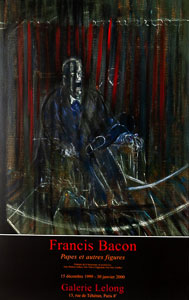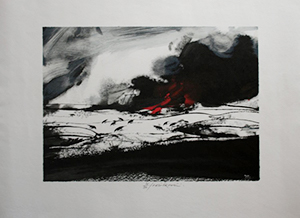Tel : (+33) 4 94 63 18 08
9am - 6pm from Monday to Sunday
Expressionism
Expressionism is an artistic movement that emerged in the early 20th century, aiming to interpret reality through the artist's subjectivity in order to provoke an emotional reaction in the viewer.
It is a movement that, while affecting almost all of Northern Europe, is mainly represented in Germany, where artists were particularly influenced by successive crises (War of 1870, late Industrial Revolution, World War I, defeat and Treaty of Versailles, economic crisis, and Hitler's rise to power) and had a very pessimistic vision of the future.
It is worth noting that Expressionism took off at the same time as psychoanalysis and that the two elements are linked, if only in terms of symbolism.
Expressionism was expressed in painting, sculpture, architecture, literature, and also in the emerging art of cinema, notably by two German directors: Murnau and Fritz Lang.
Finally, it is worth noting that Expressionism is one of the main artistic movements to have been considered by the Nazis as "degenerate art".
































































